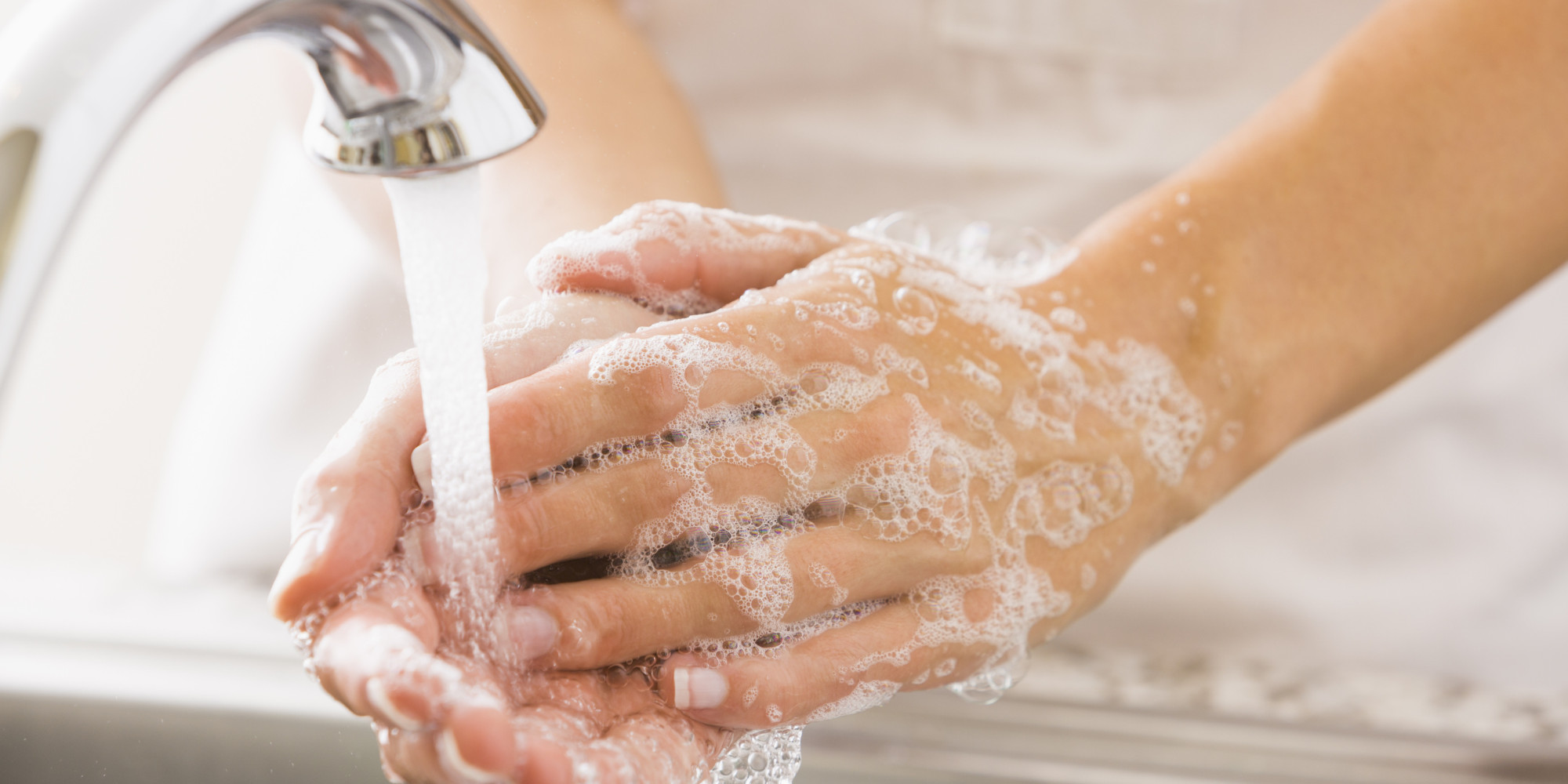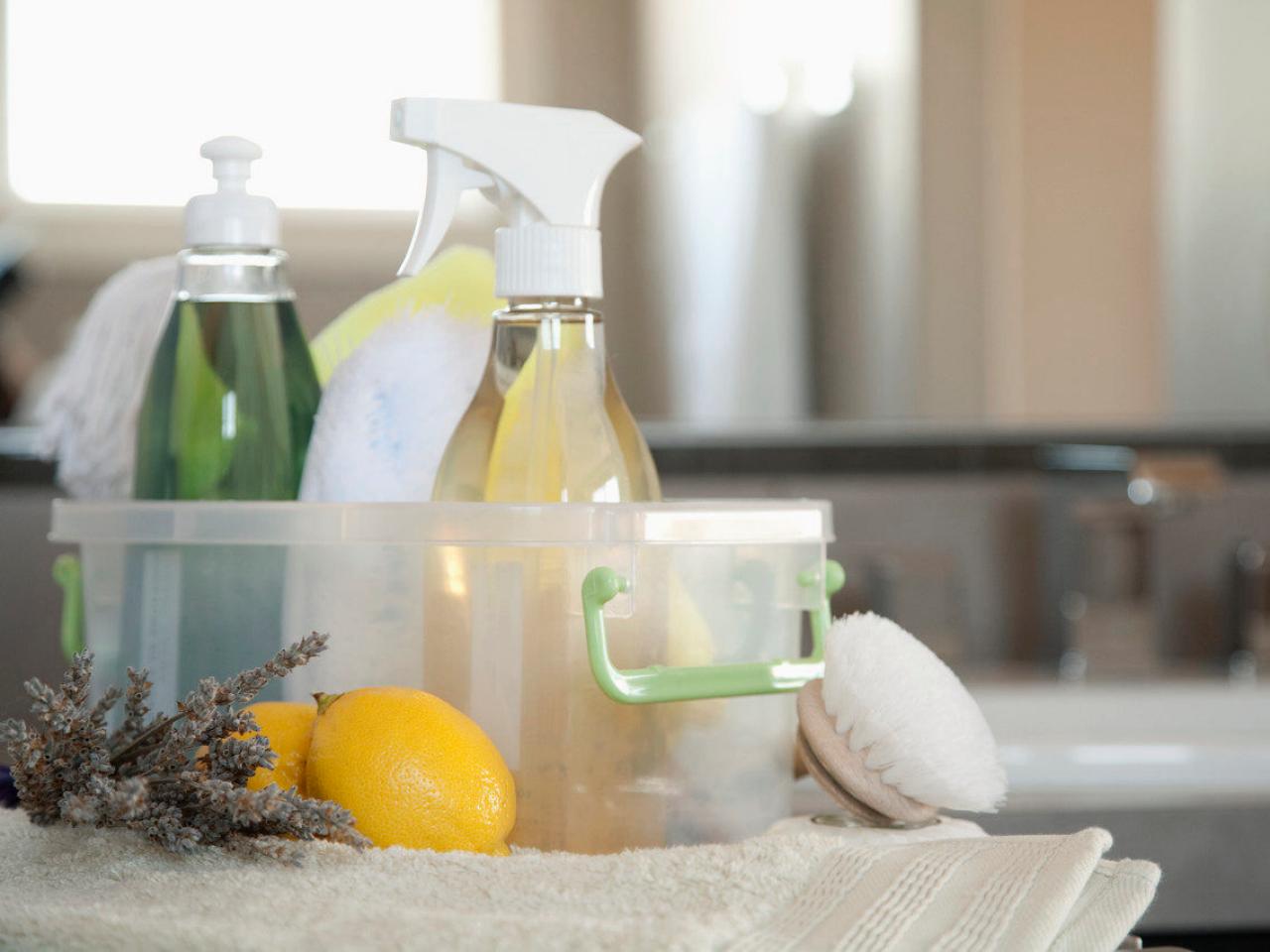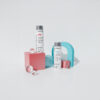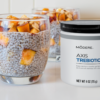We are in the midst of chilly season and that often means our skin and body are on the fritz. But don’t let frosty desperation influence your product choices. Let’s give winter skin the swap!
| Don’t Use This | Use This |
Conventional Deodorants…Often utilize aluminum compounds that some studies suggest may be linked to the development of breast cancer(1). |
Better Deodorants…Avoid harsh aluminum compounds and instead opt for naturally-derived antiperspirants. |
Conventional Moisturizers…Employ mineral oil and petrolatum-based formulas that cannot be metabolized by the body and have even been found in breast milk after use(2). |
Better Moisturizers…Leave mineral oil and petrolatum out of the equation, opting for more natural skin softeners like jojoba oil, avocado oil and cocoa butter. |
Conventional Body Washes and Soaps…Use SLS (sodium lauryl sulfate) as a foaming agent and can be irritating for some people’s skin (3). |
Better Body Washes and Soaps…Omit SLS and use ingredients like cocamidopropyl hydroxysultaine (CAHS) for foaming because it’s less harsh. |
Conventional Anti-Aging Serums…Contain parabens which been found in wastewater, rivers and soil after use and worse, may even play a role in the occurrence of breast cancer(4). |
Better Anti-Aging Serums…Like Modere I/D reduce the appearance of wrinkles and pores with plant-derived Snow Algae instead of parabens. |
Conventional Eye Makeup Removers…Boast flowery scents and fragrances, but these can often be irritating for those with sensitive eyes(5). |
Better Eye Makeup Removers…Leave out irritating fragrances. Look for “fragrance-free” labels. |
(1)PubMed. Aluminum, Antiperspirants and Breast Cancer. ncbi.nlm.nih.gov.
(2)Mercola. This Popular Moisturizer Applied to Mice for 17 Weeks Got 69% More Tumors. articles.mercola.com
(3) Mercola. Deadly and Dangerous Shampoos, Toothpastes, and Detergents: Could 16,000 Studies Be Wrong About SLS. articles.mercola.com
(4) PubMed. The Health Controversies of Parabens. www.ncbi.nlm.nih.gov
(5)WebMD. Fragrance Allergies: A Sensory Assault. webmd.com








